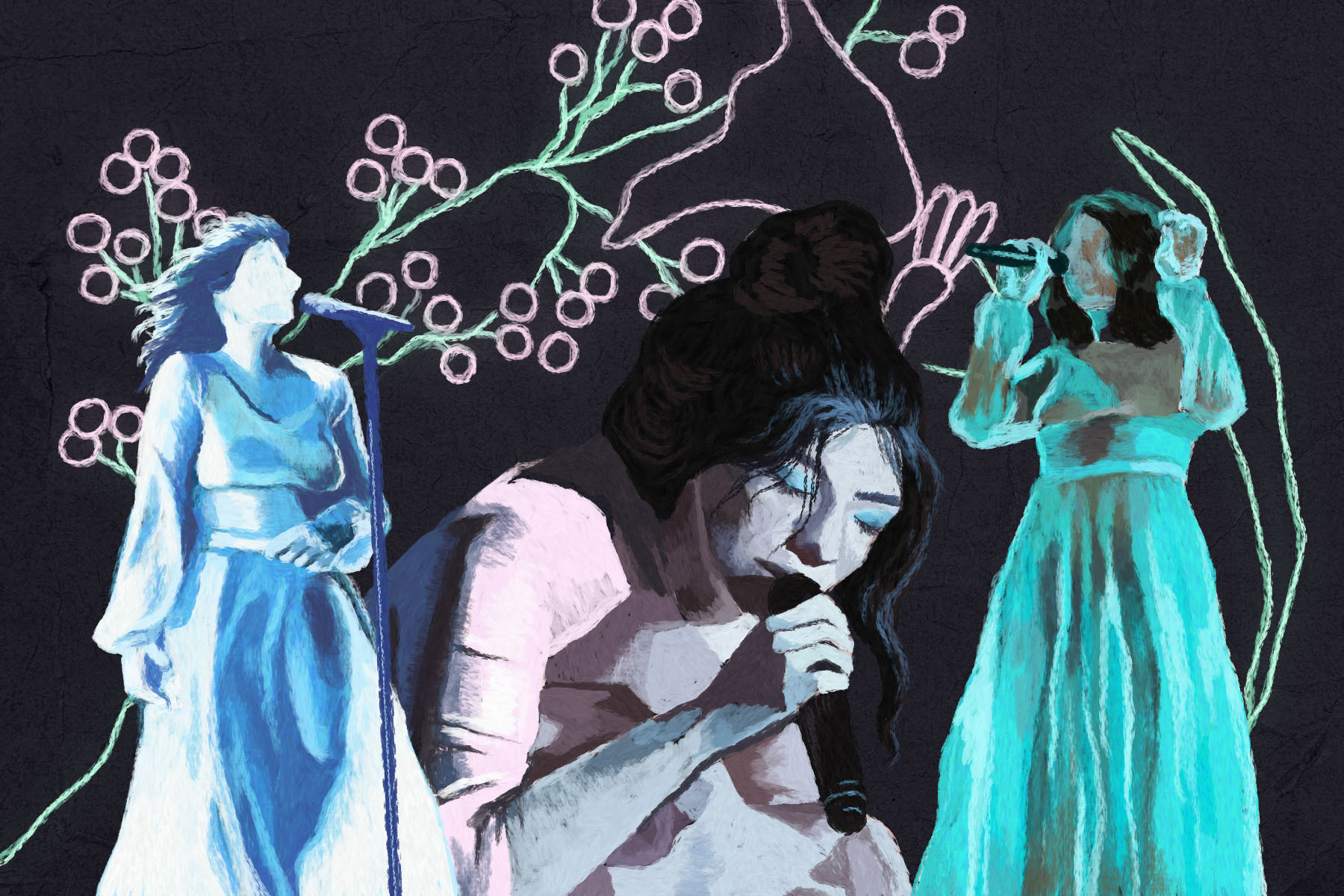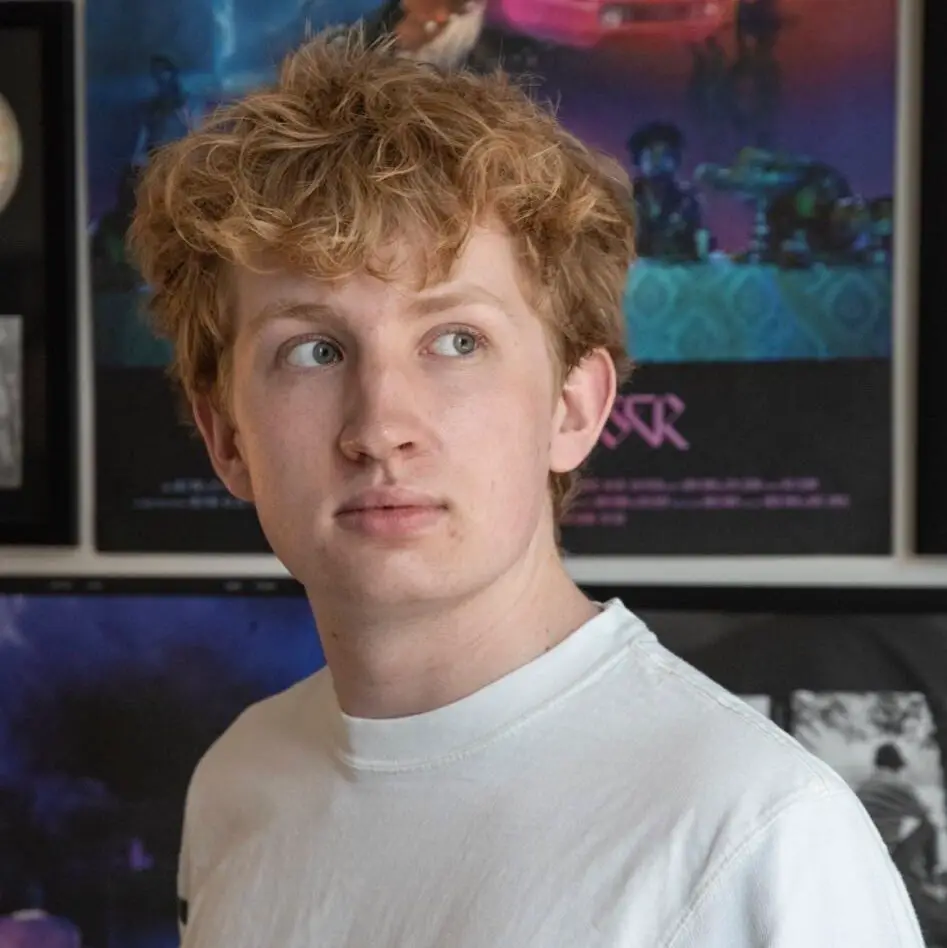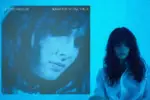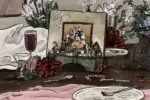In A.D. 27, the apostles looked to Jesus for guidance and understanding. Today, Gen Z looks to their own “Lorde” and savior. Over the past decade, New Zealand-born pop savant Lorde has released three projects, each centered around the excitement and fear of growing up. Most poignant is 2017’s “Melodrama,” which has come to represent the collective experience of those facing the abyss of adulthood.
Born Ella Marija Lani Yelich-O’Connor, Lorde made her debut in November 2012, when she uploaded her “Love Club EP” to SoundCloud. A few months later, she released the song “Royals” under Universal Music Group. The track skyrocketed to the top of the Billboard Hot 100. That year, Lorde released her debut album “Pure Heroine” at just 16 years old, and won two Grammy Awards. By the time she released her follow-up record, “Melodrama,” during the summer of 2017, she was alternative pop’s reigning queen. While “Pure Heroine” explored suburban adolescence, and 2021’s “Solar Power” covered the sprawling nature of quarter-life crises, “Melodrama” captured the oft-uncomfortable coming of age in between the two periods.
The word “melodrama” is defined as “a sensational, dramatic piece with exaggerated characters and exciting events intended to appeal to the emotions.” Lorde’s sophomore album is exactly that — a grandiose collection of 11 polished, passionate songs that evoke otherwise inscrutable feelings. The album was monumental to Gen Z with its universal yet hyper-specific themes, which speak to the artist’s own age group. Though one month shy of being Gen Z herself, Lorde’s accessible storytelling resonates with the complexities of the young generation.
The album’s opener, “Green Light,” begins as a slow piano track and builds into a thudding fever pitch that echos the messy aftermath of heartbreak. “I wish I could get my things and just let go/I’m waiting for it, that green light, I want it.” The lyrics give voice to the all-too-familiar experience of wishing for the “green light” to move on, despite not being afforded that privilege. Wishing so badly to “get my things and just let go,” but still seeing that person’s face at every turn, is an isolating occurrence that many face yet don’t express for fear of judgment. The song rejects any hesitation to save face and offers a chant-worthy chorus meant to be screamed along to. The song’s booming chorus begs for shouting out of open windows on a late-night drive.
Touching upon the tenderness of a budding crush, “The Louvre” equates the rush of a summer fling to slipping a chemical substance under the tongue. Any songwriter could pen a phrase like, “My heart’s beating so fast,” but Lorde forgoes simplicity in favor of potent metaphor. Instead she sings, “Megaphone to my chest/Broadcast the boom, boom, boom, boom/And make ‘em all dance to it.” These emotions are common, but the song captures the potency of a feeling that many find difficult to articulate. For the final minute and a half of the song, echoing guitar chords evoke golden images of sticky-sweet summer love. The song’s production and lyrics vividly capture what it sounds and feels like to be young and deeply infatuated.
Transitioning from obsessive crushing to obsessive insecurity, “Liability” has become the unofficial Gen Z anthem for second-guessing and self-pity. After facing rejection from a partner, Lorde goes home “Into the arms of the girl that I love/The only love I haven’t screwed up.” Using clever wordplay, she sings of loneliness as a relationship with oneself: “We slow dance in the living room/But all that a stranger would see/Is one girl swaying alone, stroking a cheek.” The themes she sings of are universal and simple, but refreshing way highlights of the intricacies within these moments. “They say, ‘You’re a little much for me/You’re a liability/You’re a little much for me’/So they pull back, make other plans/I understand, I’m a liability,” she laments. Though it may seem like the digital age has erased loneliness from our lives, shallow façades and abandonment persists.
Nostalgia, like self-pity, has become a fixture to which young people have desperately clung in recent years. Gen Z has a fixation with the past — likely because the present and the future can feel bleak. Born early enough to evade the plague of toddler screen time but too late to avoid the teenage addiction to blue-lit screens, many find themselves in a confusing back-and-forth between the past and the present. Themes of love lost, intimate moments, abandonment and painful reflection are scattered across the album and reflect young people’s ubiquitous longing for better times. The closing guitar chords of “The Louvre,” the synth found in “Hard Feelings/Loveless” that resembles a beating heart and the entirety of “Supercut” all evoke a resplendent wave of nostalgia and reflection.
The word “supercut” references “a compilation of a large number of short video clips.” But instead of a compilation of clips, Lorde projects a collection of interactions, conversations and fragments of memory that serve as warm reminiscence. As she guides the listener through the up-tempo piano- and drum-led song, she sings about tuning out the noisy world around her and tuning into the supercut in her mind. “Because ours are the moments I play in the dark/We were wild and fluorescent, come home to my heart,” she sings. The longing in her voice is palpable, and it’s clear that all she wants is to “forgive and not fight.” In its simplest sense, “Supercut” is about combing through memories of a past relationship. But to a generation raised on the internet, inundated with politically-driven fear of the future, the song represents a bittersweet nostalgia that many of us have accustomed to. In the digital age, we overwhelm ourselves with media, hoping it will distract us from the perils of the world. When not consuming media, we remember simpler times from our adolescence. The song weaves our longing for the past into four minutes and thirty-eight seconds of vivid recollection.
With all the longing, hope, infatuation and heartbreak behind us, Lorde concludes with a final freak-out on “Perfect Places.” Speaking to the collective generational malaise found within Gen Z, she admits, “I hate the headlines and the weather/I’m nineteen and I’m on fire/But when we’re dancing, I’m alright.” Though the line is simple, its connotation is profound, highlighting the reliance on partying and substance use to drown out insecurities, dread and anxieties. The “Perfect Places” Lorde sings of are merely a figment of her imagination, unable to exist in the modern world.
This message of disillusionment and loss of innocence is both omnipresent and hyper-specific. “All of our heroes fading/Now I can’t stand to be alone,” she sings in the chorus, referencing Prince and David Bowie’s deaths. If our heroes aren’t here to guide us, why not waste away at parties to numb feelings of hopelessness?
Lorde performs her master thesis in the form of sprawling and evocative explorations on the loss of youth. What seems to have struck such a chord with Gen Z is her ability to admit that she does not have all the answers. Not once does she aim to deliver speedy resolutions to heartbreak or dread. In fact, she offers up just about the opposite.
This acknowledgment of all the growing pains and heartbreak shared amongst young people reminds us that even our “Lorde and savior” is still trying to figure things out — and that’s okay.

















